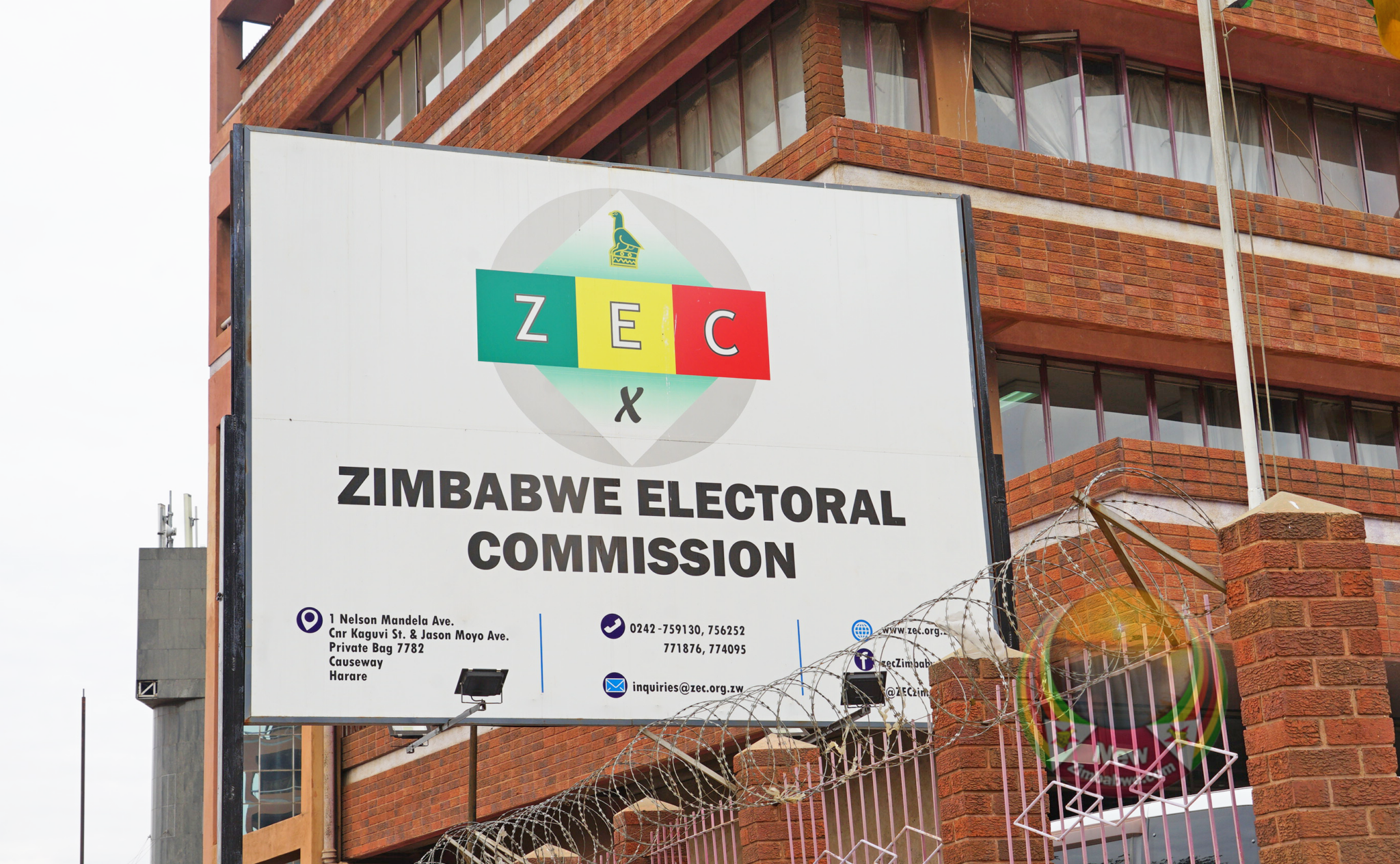Public researchers have said that the so-called independent institutions such as the Zimbabwe Electoral Commission (ZEC) and other constitutional Chapter 12 institutions are not independent as they are proxies of political systems and fail to make their own decisions that respect constitutional values.
Dr Gorden Moyo, Director of Zimbabwe’s Public Policy and Research Institute (PPRIZ), said that independent institutions lack the tenacity to make their own decisions and challenge external interference.
“These Chapter 12 institutions are institutions by name. They are independent by name but in reality, if you look at their structures and how they are wired, you would appreciate that these are not independent institutions,” he said during a recent discussion on “Zimbabwe’s disputed elections – what role can the media play in the post-election era?”
Dr Moyo’s remarks follow accusations made against ZEC, which has been accused of assisting the ruling Zanu PF party and failing to produce a credible poll during the run-up to and on the day of the voting on August 23, 2023.
As a former Cabinet Minister of State Enterprises and Parastatals, Dr Moyo claimed that these so-called independent institutions have failed to uphold the constitutional values of Zimbabwe because they are serving a certain line of argument.
“Independent institutions must stand out and be clear. They must be loud without fear, without favour, or without checking their backs because they are independent,” he explained.
“Independent institutions owe their birthright to the Constitution and their birth certificate is the Constitution. It is not the appointing authority, their maternity is the Constitution because it is one that saw their establishment, not otherwise.”
Dr Moyo contrasted the situation in Zimbabwe with that of South Africa, where independent institutions are able to take on the government officials including sitting presidents.
“If you look at South Africa, they have a lot of problems, but their constitutional Chapter 9 institutions stand out, they will stick. You will have the Public Protector, saying, ‘Look, Mr President, pay back the money, you owe the country the money.’ You would have the opposition in Parliament saying to the President, ‘pay back the money,'” he said.
“Remember one opposition member who said to the President, ‘pay back the money’ and the president was laughing. He said, ‘No president, is it a laughing matter? Is it a Trevor Noah show? It is not, please pay back the money because that is public money and public financial management must be respected.'”
Dr Moyo stated that independent institutions are supposed to be made up of people with pedigree.
“By the way, independent institutions are people. When you say institutions, the institutions are people. Unless we have people of pedigree, men and women of character, credibility and integrity who stand there for the facts, truth and values that they believe in. We have a lot of people who pretend to be men and women of pedigree yet in reality, they are proxies of political systems and political formations,” he said.
“We are supposed to have ZEC as an independent institution, without turning its back and not making referrals when the media asks them questions. This situation will not improve until we have men and women who will stand there and they are here in Zimbabwe.”
Dr Moyo gave the example of former government minister, Nkosana Moyo, who stepped down when he felt that things were not OK.
“Nkosana said, ‘no, I can’t do this. It is not me. It is unMoyo, unNkosana I would not take it.’ So we have such people and there are many and those people should be encouraged to take up these positions and move the country forward because we need better leadership,” he said.

